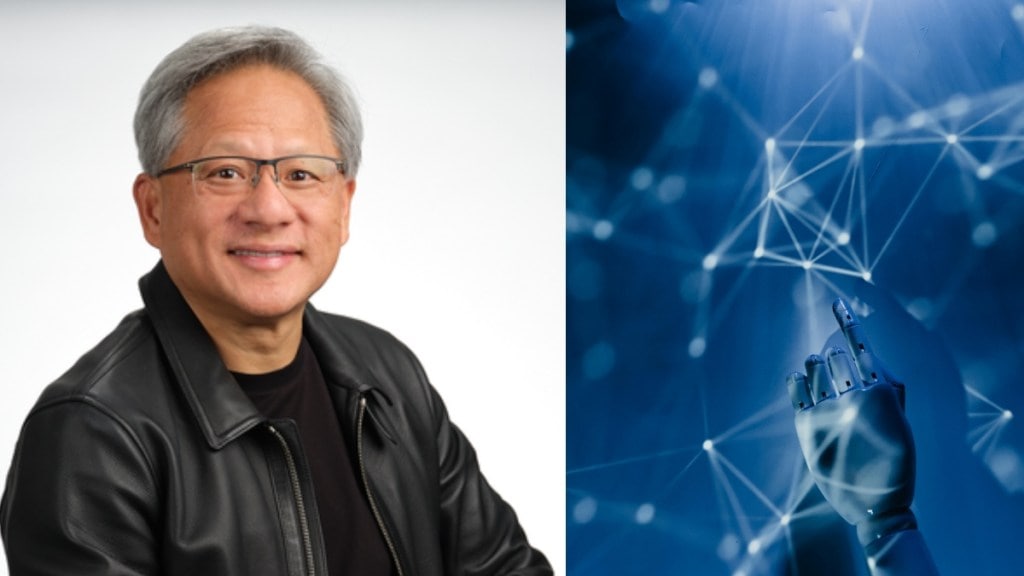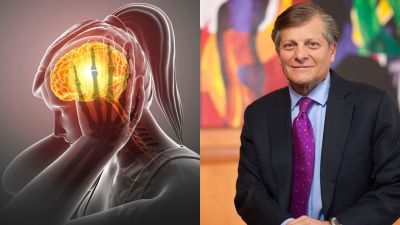Nvidia CEO Jensen Huang has a piece of advice that he believes could benefit nearly everyone: Get an AI tutor.
“I have a personal [artificial intelligence] tutor with me all of the time. And I think that feeling should be universal,” Huang said in an interview on journalist Cleo Abram’s YouTube show, Huge Conversations, in an episode that aired last month.
This tutor isn’t a human expert in AI but rather an AI-powered virtual assistant. “If there’s one thing I would encourage everybody to do, [it’s] to go get yourself an AI tutor right away,” said Huang, whose company produces the computer chips fueling recent AI advancements.
His preferred choice is Perplexity’s AI-powered search engine, which he described as a “really helpful” tool in a Bipartisan Policy Center interview last year. He uses it daily to explore various subjects, including digital biology. The search engine, like many AI tools, offers both free and paid subscription plans.
Other AI platforms function more specifically as tutors, such as the free tutoring service Sizzle and Khan Academy’s Khanmigo AI tutor, which costs $4 per month.
″[AI programs can] teach you things — anything you like — help you program, help you write, help you analyze, help you think, help you reason,” Huang told Abram. “All of those things [are] going to really make you feel empowered and I think that’s going to be our future.”
Despite AI’s potential, it has limitations. AI tools still make factual errors, and experts caution against relying on them to do all the work. Instead, they should be used as aids. Huang, for instance, uses AI tools to draft his own work, as he revealed at a Wired event last year.
Still, he is optimistic that AI will significantly enhance learning over the next decade. “I think that [in] the next decade, intelligence — not for everything, but for some things — would basically become superhuman,” Huang said. “We’re going to become superhumans — not because we have super[powers]. We’re going to become superhumans because we have super AIs.”
An AI tutor makes Huang more ‘confident’
Huang has a vested interest in AI’s expansion, but its growing influence is a double-edged sword. An August 2024 Gallup survey found that roughly 75% of Americans worry AI will lead to fewer human jobs. A 2023 McKinsey study projected that AI could automate nearly half of all human “work activities” as early as 2030.
AI will initially help workers become more efficient, but that advantage may not last, according to Microsoft AI CEO Mustafa Suleyman. In his 2023 book, The Coming Wave: Technology, Power, and the Twenty-first Century’s Greatest Dilemma, Suleyman wrote:
“They will make us smarter and more efficient for a time, and will unlock enormous amounts of economic growth, but they are fundamentally labor replacing. … [AI’s spread] will be hugely destabilising for hundreds of millions who will, at the very least, need to re-skill and transition to new types of work.”
Huang, however, sees it differently. Surrounded by thousands of highly skilled employees at Nvidia, he has never felt obsolete. “And yet it never one day caused me to think, all of a sudden, ‘I’m no longer necessary,’” he said. Instead, he feels empowered.
Applying the same logic to AI, he explained: “Suppose now everybody is surrounded by these super AIs that are very good at specific things … What would that make you feel? Well, it’s going to empower you. It’s going to make you feel confident.”








